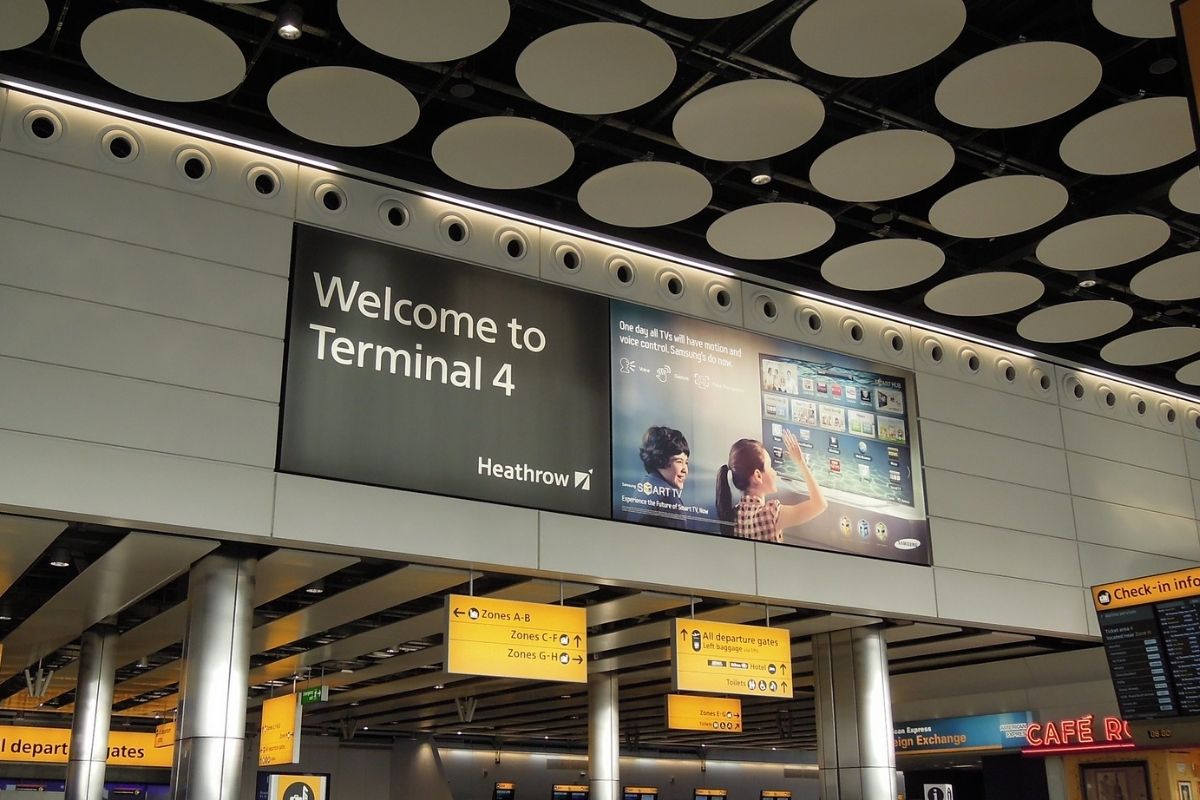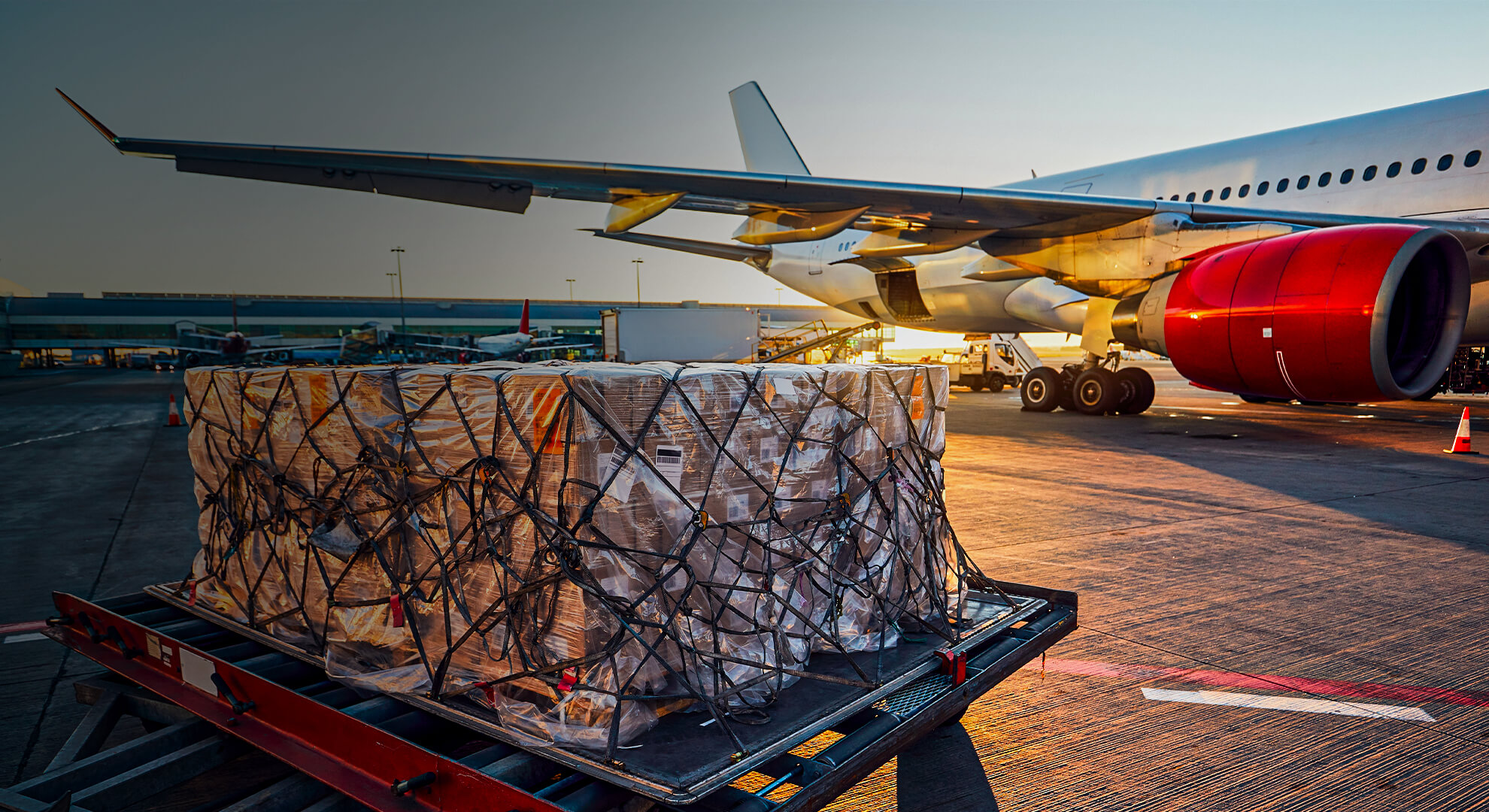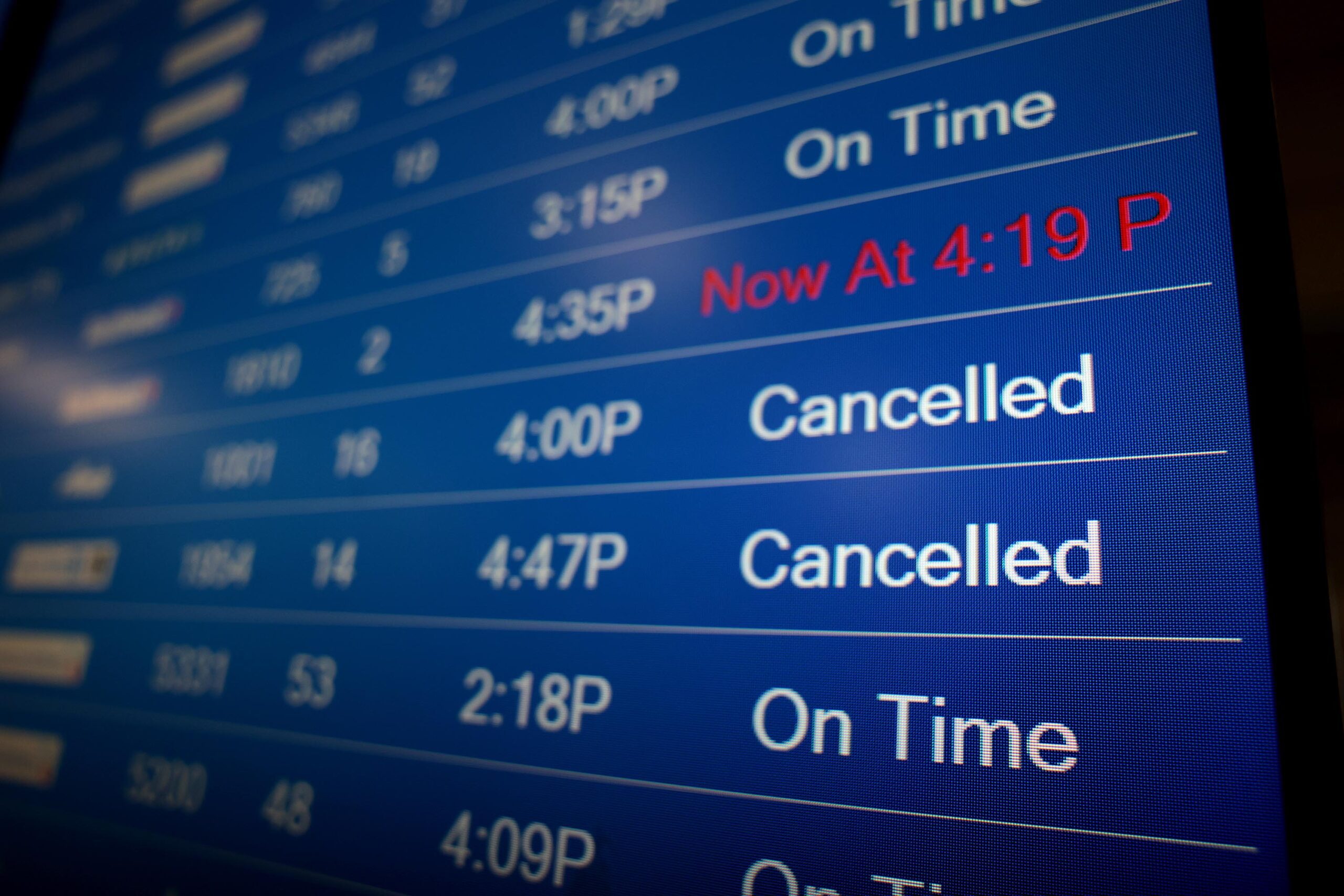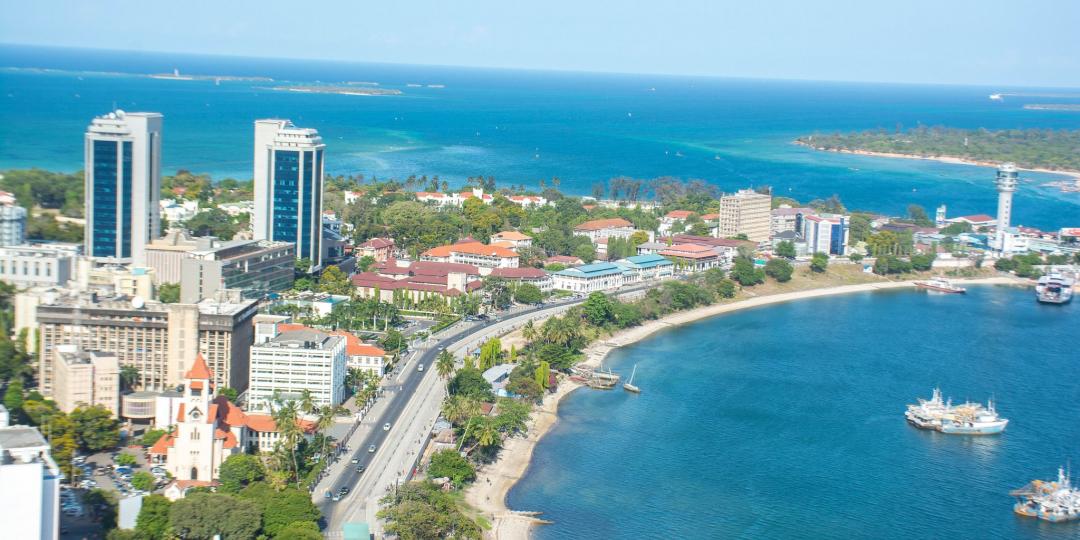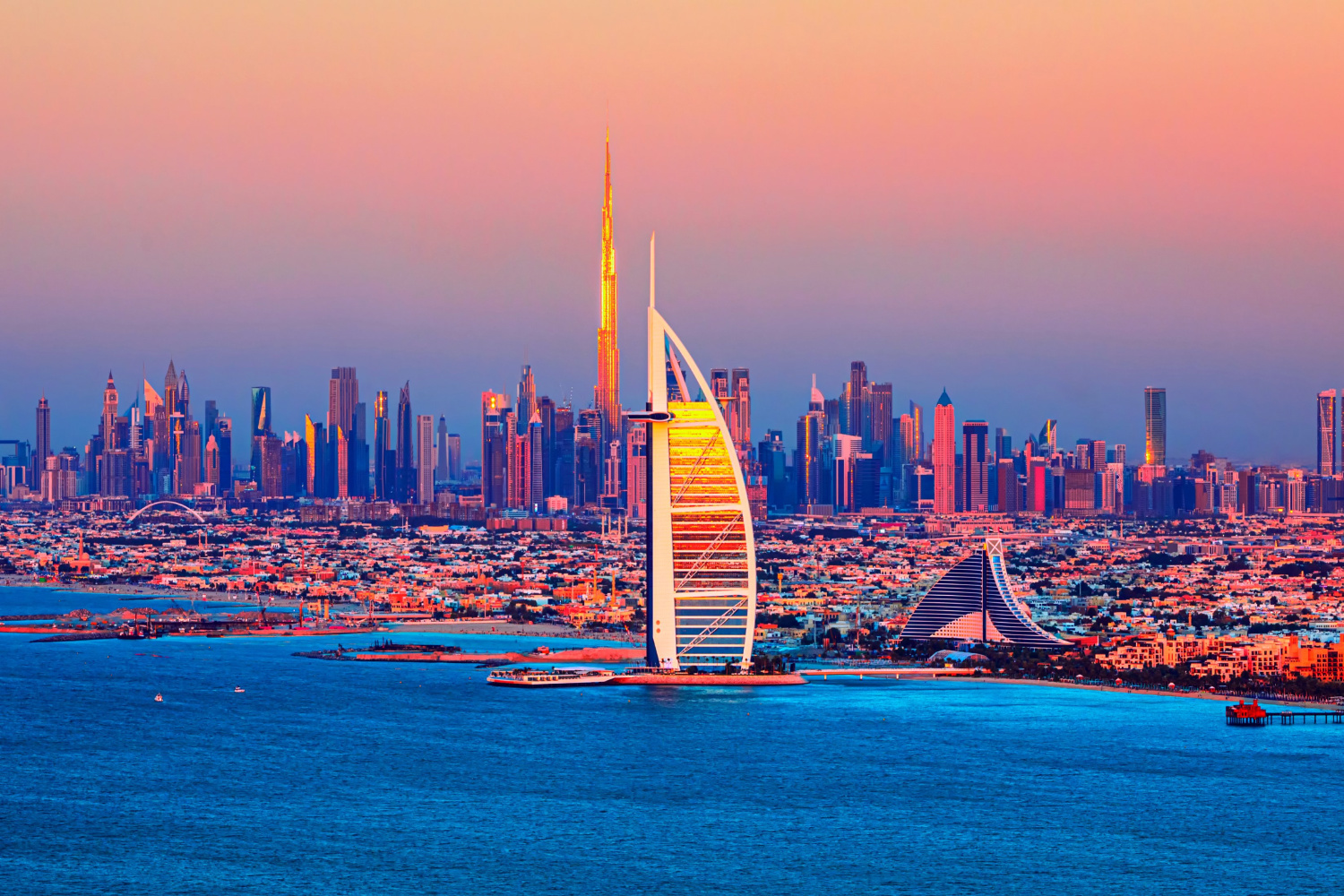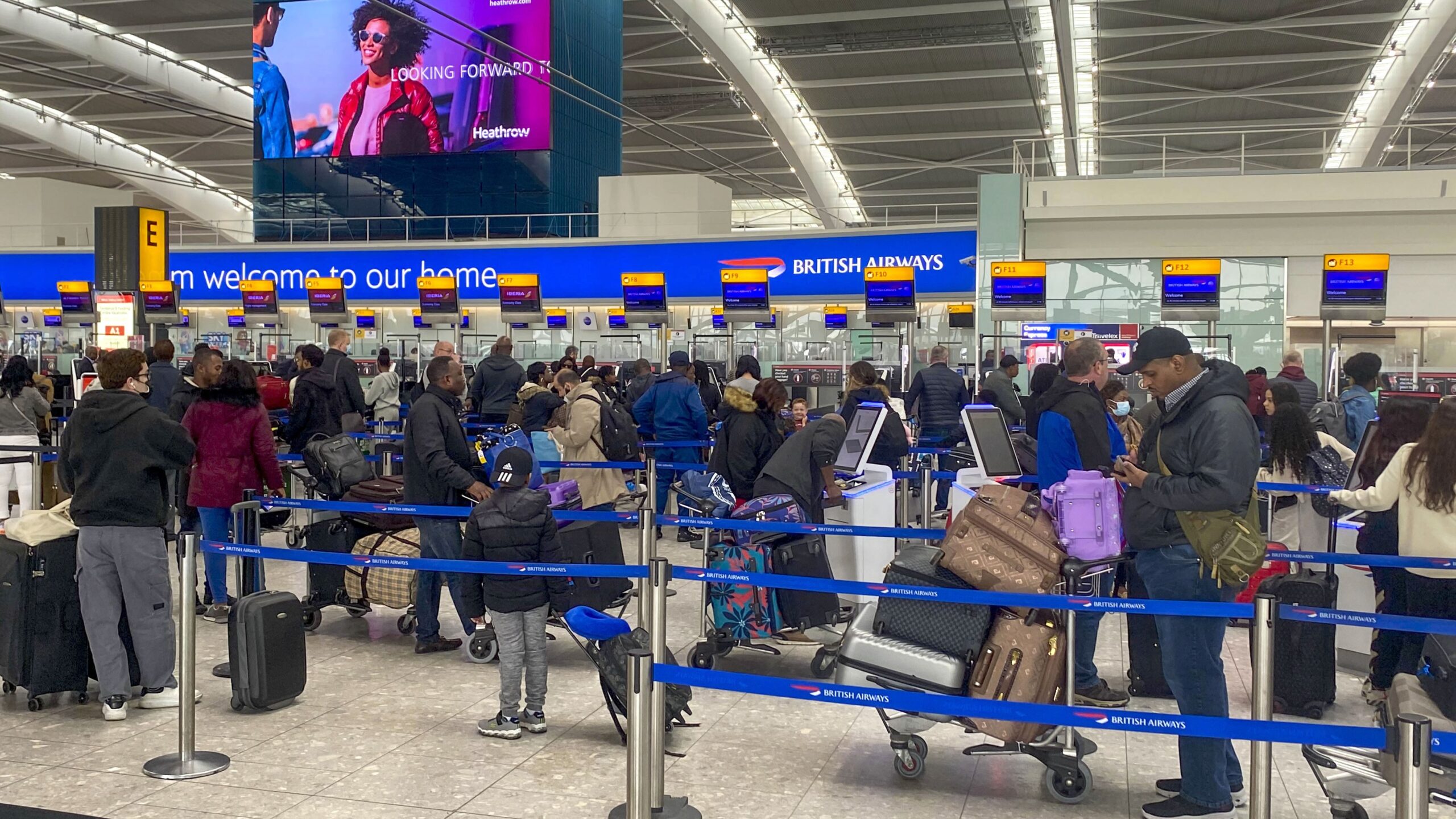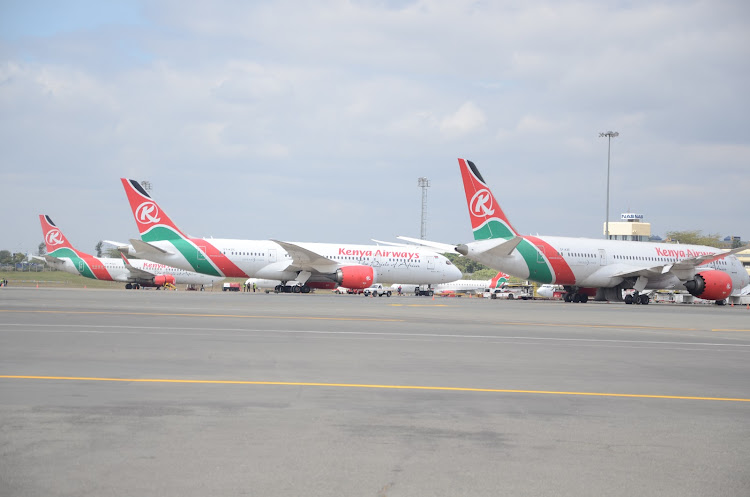Dar es Salaam. The government yesterday unveiled strategies to boost tourism recovery as the Ministry of Natural Resources and Tourism asked Parliament to endorse Sh624.1 billion for its budget for the next financial year.
The tourism sector underwent a series of highs and lows with effect from March 2020 when Covid-19 pandemic hit the world with full force and is now enduring the consequences of a third wave that was triggered by the Omicron variant.
Tabling the budget for her docket in Parliament, Tourism minister Pindi Chana said the strategies aimed at bolstering the sector include shaping domestic tourism, diversifying tourism products, boosting competitiveness and intensifying marketing.
The list of strategies also includes improvement of tourism infrastructure, launching of white rhino tourism in Burigi, Chato and Mikumi National Parks, as well as preparation of a strategy meant for spurring conferences and events tourism. Other strategies include preparation of the sixth Swahili International Tourism Expo and coordination of the fam trip that would bring on board tourism agencies, journalists, celebrities, tourism goodwill ambassadors and tourism investors.
Dr Chana said the government would give the much-needed boost to domestic tourism with a view to moulding the sector and up its contribution to the economy.
Official data has it that the tourism sector was currently accounting for 25 percent of the country’s foreign earnings and creating 1.6 million direct and indirect jobs per annum.
Ambassador Chana said already the approach of giving support to domestic tourism proved itself to be effective and on that the figures could speak for themselves. With campaigns promoting domestic tourism, the country registered 788,933 domestic tourists in 2021, up from 562,549 registered in the preceding year, official data shows.
“The increase was attributable to various efforts including marketing of rhino tourism,” said Dr Chana.
On another hand, she said that her ministry would continue to embrace the Royal Tour that was launched in April in the US with a view to marketing the country’s tourist attractions and attracting more tourists.
To cope with the expected increase in foreign visitors in the country, the minister expressed the government’s commitment to coming up with new strategic tourism products like beach tourism, conferences and events hosting, cruise tourism and recreational and cultural tourism.
In a fresh bid to diversify the country’s sources of tourists and take up the number of visitors, The Citizen understands that the Tanzania Tourist Board (TTB) is already conducting research to identify new products that would be attractive to both domestic and foreign tourists.
President Samia Suluhu Hassan is on record as saying 1.4 million tourists visited the East African nation in 2021 amid the Covid-19 pandemic that hugely affected the tourism industry.
To prop up this vital sector of the economy and make the country’s dream of hitting 5 million tourists by 2025 become a reality, the government has increased the sector’s budget by 9.2 percent in the 2022/23 financial year compared to the current financial year.
The government plans to spend Sh624.1 billion during the next financial year, up from the current financial year’s Sh571.6 billion.
Of the amount, some Sh180.4 billion is meant for development projects, with the rest going to recurrent expenditures.
The projects the government plans to implement in the next financial year include Resilient Natural Resources Management for Tourism and Growth, Public Finance Management and Reform, Support to Combat Poaching and Illegal Wildlife Trade in Tanzania.
Others are Private Plantation and Value Chain in Tanzania and Capacity Building in Forestry and Beekeeping, Support to Beekeeping Value Chain Programme, as well as the meetings, incentives, conventions and exhibitions (Mice) Tourism Development Project.
The Parliamentary Committee on Land, Natural Resources and Tourism was of the view that the government should invest massively in diversifying the country’s tourism products.
“Like we do on animal tourism, we need to intensify our campaign in identifying and marketing other tourist attractions,” said the committee’s vice chairman Shaban Shekilindi. For this to be realised, the committee suggested for the government to see the need of not only disbursing all money meant for development projects, but also on time.
“It is through broadening tourism products that the government’s plan to hit 5 million tourists by 2025 will come true,” Mr Shekilindi stressed. “And it is through the same path that earnings from the sector will jump from $2.6 billion in 2020 to $6 billion in 2025.”
Again, the committee was of the view that the government should expedite the review of outdated policies and laws that were acting as hindrances to the growth of the tourism sector.
He said policies that needed to be reviewed include Tanzania National Tourism Policy of 1999, Tanzania National Forest Policy of 1998 and National Beekeeping Policy of 1998.
Source: The Citizen

